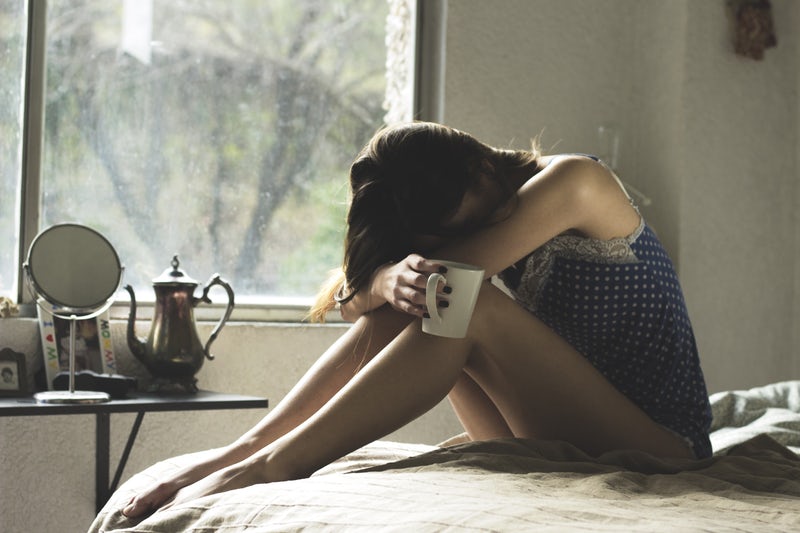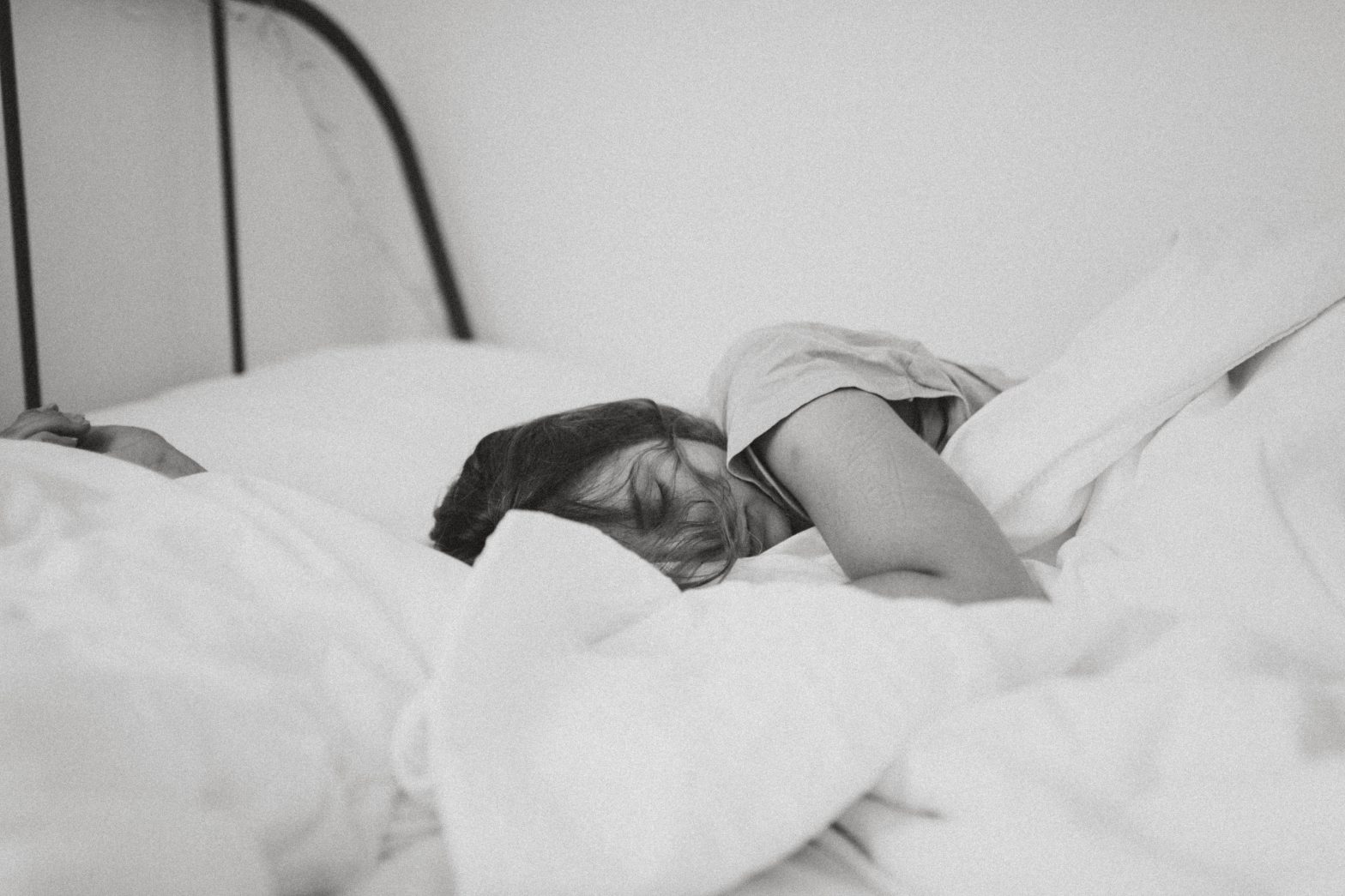Professor Patrick McGorry explains that while the COVID-19 pandemic has been tough for all of us, the burden placed on our youngsters is unparalleled.
Studies have shown the devastating impact the COVID-19 pandemic has had on Australia’s mental health, with young Australians particularly affected. Combining exam stress, general developmental changes, and a lack of accessible mental health care, it comes as little surprise that rates of poor mental health are on the rise amongst 15 to 24-year-olds.

We asked Executive Director of Youth Mental Health Service at Orygen, Professor Patrick McGorry, for advice on how to support Australia’s youth. Orygen is an Australian not-for-profit with the goal to see young people with mental ill-health getting well and staying well.
Professor McGorry is a world-leading researcher in early psychosis and youth mental health, a professor at the University of Melbourne, and a Director of the board of the National Youth Mental Health Foundation (headspace). Professor McGorry has witnessed firsthand the effects of the COVID-19 pandemic on young people, the integral role the family unit for support plays, and how to deal with stressors.
What the research says
While the COVID-19 pandemic has swept through the globe indiscriminately, the resulting lockdowns, restrictions and social isolation has been particularly difficult for young people who rely heavily on peer connections for emotional support.
According to a UN report, almost one in five 15 to 24-year-olds across the world say they often feel depressed. “What we’ve seen in terms of Australian data is there’s been a big surge in anxiety and depression, and also in eating disorders and other conditions, among young people, teenagers, and young adults,” said Professor McGorry. “We’ve also seen waiting lists blow out for private practitioners and mental health services in the community, making it increasingly challenging to access care.”
As many parents, teachers and psychologists will attest, it can be difficult to spot the signs of poor mental health in adolescents. While normal developmental changes, both emotionally and physically, can make it hard to distinguish between normal ‘teen angst’ and poor mental health, Professor McGorry says it’s not impossible to see the signs.

“You do see significant changes during normal adolescence, but it’s not normal to be anxious or depressed for weeks on end, or to develop other kinds of psychiatric symptoms like eating disorders or psychosis,” he explains. “There may be a bigger problem if an emotional change persists, if the person is distressed, withdrawn, perhaps not mixing with peers as you might expect, experiencing bullying, sleep problems or failing grades at school.”
New challenges and solutions
While staying connected with peers and school groups is important for socialising and wellbeing, Professor McGorry says the most important support for young people is the family unit. “The peer group is unstable, and teenagers fall out with their friends over the drop of a hat,” he says. “This insecurity is very stressful, and that’s why the family is more of a constant support.”
Now more than ever, parents and carers play an important role in the futures of young Australians, with dependents often needing financial support well into adulthood.
“The family is the scaffolding for young people, often right up into the mid-twenties,” he says. “Their work situations are quite insecure, they may have to pay university fees, and often they can’t buy a house because it’s completely out of their reach.”
Our youngest generation is presently dealing with a set of challenges unfaced by their parents, which can make empathy a challenge for parents and carers. “Think back to the 1950s, where life was fairly straightforward and you had clear stepping stones from childhood to adulthood,” Professor McGorry says. “These days, it is a much more insecure, unstable and complex path, and the supports around young people are much less stable as well.”
High school exams, for example, are a major life stress, but teenagers need help putting these stresses in context.
“If you look at year 12 as a catastrophic situation if you underachieve, you can feel very terrible and very stressed going into exams,” he says. “But looking back, most adults realise it wasn’t such a big deal, and ultimately if you do well that’s great, but if you don’t there are all sorts of other pathways to realising your goals. Goals you had when you were 18 don’t always turn out to be the ones you follow in the end.”

Talking about mental health
Professor McGorry says young people are generally better at talking about their mental health than older Australians, but he cautions to approach the conversation with the intent to listen.
“The first thing I would do in a conversation with a young person would be to listen to their opinions first,” he explains. “They contain a lot of insights and wisdom, and even though they might not have as much life experience, they’re the experts in their world and the way things are now.”
If you are searching for mental health care together, he encourages shopping around.
“You have to find the person you can trust; you can’t be helped with a mental health problem unless there’s really strong trust and comfort in that relationship.”
RACV have partnered with Orygen to help support young people with mental illness in regional Victoria to achieve their education and employment goals.
If you or someone you know feels overwhelmed or in need of support, please contact Lifeline on 13 11 14 at any time of the day or night.
